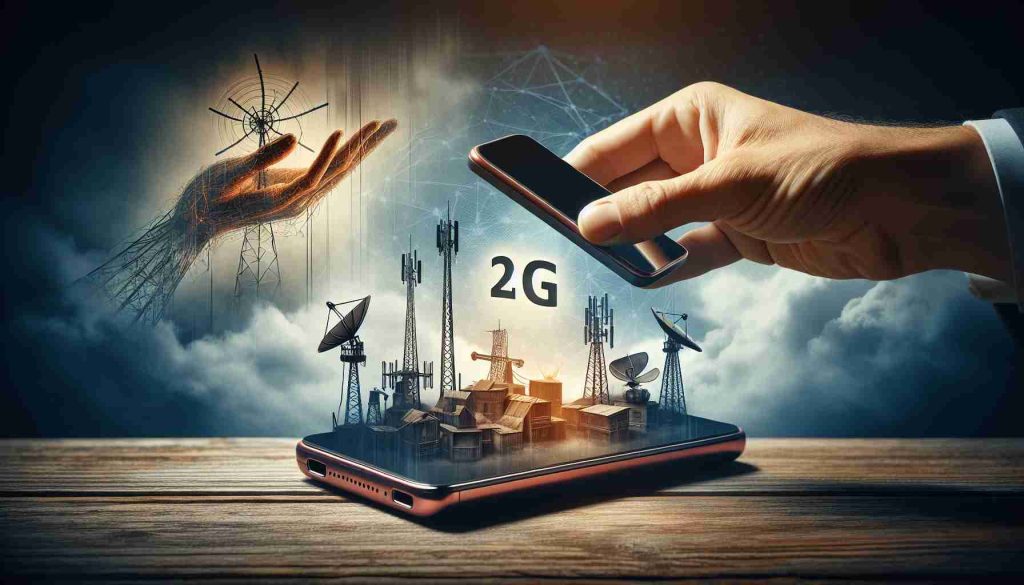A comprehensive analysis involving 63 scientific studies over four years offers reassuring news for mobile phone users. This extensive research, commissioned by the World Health Organization (WHO), has found no connection between mobile phone usage and the likelihood of developing brain cancer.
Published in the journal Environment International, the study was spearheaded by experts from Australia’s Radiation Protection and Nuclear Safety Agency, collaborating with researchers from ten countries. They scrutinized studies published worldwide from 1994 to 2022. A co-author from the University of Auckland emphasized that none of the major health concerns examined showed increased risks. Specifically, when assessing the primary focus on mobile phones and brain cancers, no elevated risk was identified, even among individuals who had been exposed for over ten years.
The researchers studied radio frequencies ranging from 300 Hz to 300 GHz, relevant for various technologies including mobile phones and Wi-Fi. Their findings indicated no heightened risk of brain cancer or leukemia in children from radio and television emissions or mobile phone base stations.
Regarding the new 5G networks, existing studies remain limited. Although most prior research focused on 1G and 2G networks, the expert noted that newer generations produce considerably lower emissions. Despite current limited research on 5G, related studies using similar high-frequency radars have not signaled any cancer risks. Recent claims linking 5G to the COVID-19 pandemic have been widely debunked.
New Study on Mobile Phone Use and Brain Cancer Risks: A Closer Look
A recent comprehensive study has generated a fresh wave of discussion regarding mobile phone usage and its potential link to brain cancer. Conducted by a team from Australia’s Radiation Protection and Nuclear Safety Agency, in collaboration with international researchers, it underscored the lack of evidence supporting claims of increased health risks associated with mobile phone use. However, there are still pertinent questions, challenges, and nuances that need to be explored in this complex field.
Key Questions and Answers
1. What methodologies were used in the study?
The study utilized a meta-analysis approach, synthesizing data from 63 separate studies published between 1994 and 2022. This methodology not only strengthens the reliability of the conclusions drawn but also provides a broad perspective on the issue by encompassing diverse populations and varying research contexts.
2. Are there any notable demographic variations in the findings?
While the study’s overall results are clear, questions about specific demographic groups remain. Some research suggests that genetic predisposition may play a role in how individuals respond to radiofrequency exposure. However, the current analysis does not address these nuances extensively, leaving room for further investigation.
3. Could future advancements in technology alter the findings?
As technology continuously evolves, including the development of new wireless standards and increased data transmission rates, researchers express the need for ongoing studies to assess long-term exposure and potential effects. It highlights the importance of remaining vigilant even when current studies indicate a lack of risk.
Key Challenges and Controversies
Despite the reassuring findings of this study, controversy surrounding the health effects of mobile phones persists. Critics often point to:
– Public Perception: Many individuals still harbor concerns about the safety of mobile phone radiation. Public fear, often fueled by media reports, can conflict with scientific findings.
– Regulatory Standards: Differences in international guidelines for safe radiation levels create confusion. Some argue that current exposure limits do not account for cumulative long-term exposure.
– Funding and Bias: The source of funding for studies plays a role in credibility. Skepticism exists about research backed by telecommunications companies versus independent studies.
Advantages and Disadvantages of Mobile Phones
Advantages:
– Connectivity: Mobile phones provide unparalleled connectivity, allowing users to communicate easily and access information instantly, which has become integral in daily life and emergency situations.
– Innovative Technology: Advances in mobile technology continue to improve safety features, making phones more efficient and capable of reducing risks.
Disadvantages:
– Overuse and Dependence: The prevalence of mobile phone usage can lead to physical and mental health issues, such as anxiety and sleep disturbances, which may overshadow concerns about radiation risks.
– Misinformation: Media portrayal and sensational claims about mobile phones can lead to widespread misinformation, impacting public health perceptions and behaviors.
In conclusion, while the newfound study reinforces that there is no established link between mobile phone use and brain cancer, ongoing research and further investigation are necessary to address emerging technologies and their long-term effects.
For those seeking more information on this topic, explore the following link: World Health Organization.























